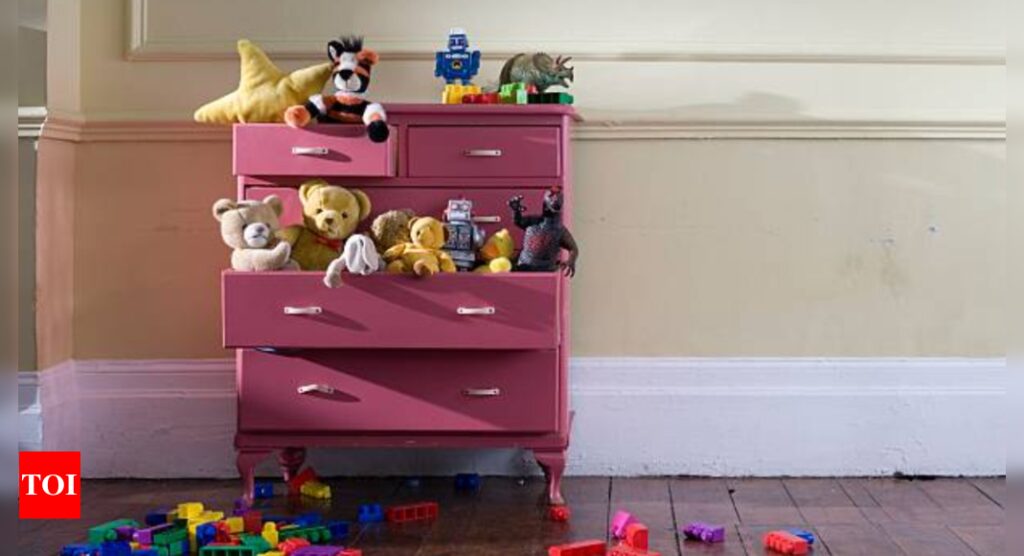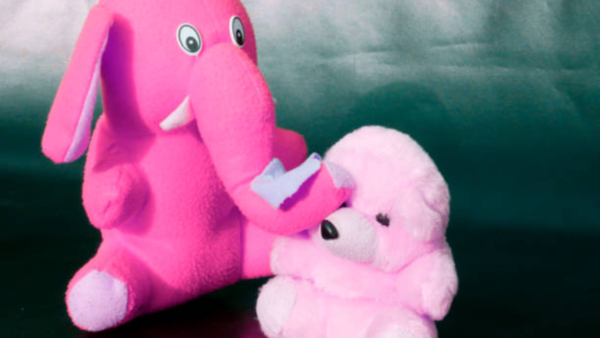The hidden dangers of soft toys: What parents need to know |

Kids love toys! Toys provide a sense of joy and exploration, helping children mimic real-life activities or dive into fantastical scenarios. They offer a way to express emotions, develop motor skills, and enhance cognitive abilities through problem-solving and role-playing.
Of the different toys kids love to play with soft toys or the ones stuffed with fluffy cottons are the best ones.However, there are several disadvantages to this.
Soft toys are notorious for trapping dust, pollen, and other allergens in their fibers. These allergens collect over time, and soft toys thus become an ideal hub for breeding dust mites, molds, and bacteria. Asthmatic, allergic, or weak children can face respiration problems, skin allergy, or other allergic problems due to such toys. This risk can be minimized by frequent washing of the toys; however, hygiene maintenance of soft toys is challenging and time consuming.
Many soft toys come pre-accessorised with buttons, beads, or plastic eyes. Such small objects may initially be securely attached to the stuffed animal but eventually fall off and become a choking hazard, especially for very young children. Toys that are said to be child-safe may degrade with use, thus getting harmful if not periodically checked on for safety.

Children drag, cuddle, or chew their soft toys, exposing the product to dirt, germs, and pollutants. Soft toys are rather not so easy to clean compared to other plastic or wooden ones. Some germs and bacteria in soft toys may lead to infections or illnesses and even serious diseases, especially if children constantly put those toys inside their mouths.
Many soft toys fail to pass safety standards. Low-quality cheap-raw-material-made toys may contain dyes and can cause irritation to the skin or cause long-term health conditions. Also, imported toys from local markets, that do not have any standards or regulations in place, may contain toxins. Parents have to be more careful while choosing toys for their children, ensuring they are nontoxic and hypoallergenic.
Choose the right toy for the kids
Safety and health must also go hand in hand when choosing the toys for the children. The toys must be suitable for their age group and not contain small, loose parts that will possibly cause choking in a younger child. Also, take care to select items of non-toxic, BPA-free, and eco-friendly origins to prevent bringing harmful chemicals to their doorstep. Wooden toys or those with natural dyes are extremely safe compared to plastic toys.
Outdoor toys, such as balls, skipping ropes, or tricycles, can help develop motor skills by enhancing muscular strength, and improve cardiovascular health. These toys motivate kids to be active, thus reducing risks of childhood obesity and sedentary behavior. In addition, outdoor toys often allow fresh air and sunshine, which are beneficial for vitamin D production and overall well-being.
Educational toys, from puzzles and building blocks to stem kits, promote cognitive growth and problem-solving skills, while always mentally stimulating. Textured balls or musical instruments encourage children’s senses to engage in brain development and hand-eye coordination.
Toys must be cleaned and examined frequently to prevent accumulation of germs or wear that may lower safety standards. If parents demonstrate safety-conscious, health-promoting toys, they can ensure that their children play, learn, and grow in safe and supportive surroundings.
Everyday strategies that will transform your child’s personality








